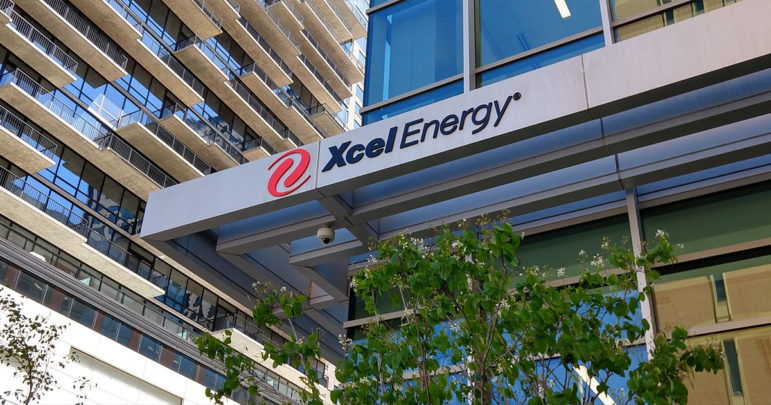
Update: On June 25, 2021, Xcel Energy filed an alternate Integrated Resource Plan with the Minnesota Public Utilities Commission (PUC) that removed a large new gas power plant in Becker, Minnesota, and added significant renewable energy. However, there is still more to be done to ensure this plan is forward-thinking, cost-effective, and good for Xcel Energy customers and Minnesota’s climate goals. Join us in asking the PUC to encourage Xcel to strongly consider all alternatives to new fossil fuel infrastructure like these peaker plants.
At Fresh Energy, we are committed to keeping Minnesota on a path to an equitable, affordable, zero-carbon electric grid. Utility Integrated Resource Plans (IRPs) are a crucial lever for us to achieve this goal. With three major Minnesota utilities filing IRPs in 2021, it’s shaping up to be a crucial year for clean energy!
On February 11, 2021, Fresh Energy, along with Clean Grid Alliance (CGA), Union of Concerned Scientists (UCS), and Minnesota Center for Environmental Advocacy (MCEA), filed expert comments with the Minnesota Public Utilities Commission on Xcel Energy’s IRP. IRPs are critical because they lay out how major utilities, like Xcel, plan to invest in electricity generation over the next 15 years. Through these plans, the public and organizations like Fresh Energy can influence actions such as more renewables, closing coal plants, not building new fossil gas infrastructure, and more. Learn more about Integrated Resource Planning with our explainer blog post here.
Seven months ago, on July 1, 2020, Xcel filed its IRP with the Minnesota Public Utilities Commission, the agency which is ultimately responsible for approving the plan. In the months following the submission, Fresh Energy and our partners have had the opportunity to dig into the plan and provide expert feedback to the Commission. While there are certain aspects of the plan to celebrate, there is also room for improvement.
What we’re celebrating:
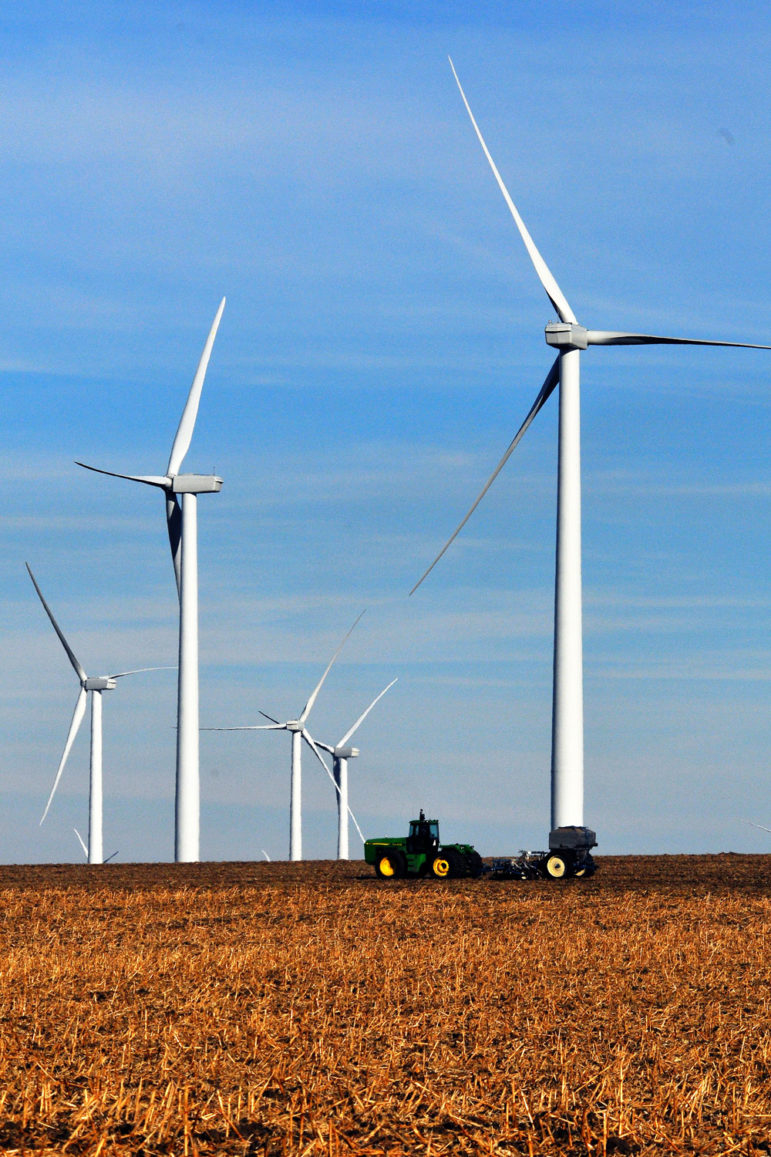
Commitment to 100%: Xcel’s plan meets its commitment to an 80% carbon reduction by 2030 and reiterates that the utility will reach a 100% carbon-free electricity system by 2050.
No more coal after 2030. Accelerating coal retirements are critical to a carbon-free future and Xcel has committed to phase out all coal by 2030.
Historic levels of energy efficiency. Xcel is targeting over 780-gigawatt hours of energy efficiency savings. This is a historic level of investment in energy efficiency.
Dramatic increase in renewable electricity: Xcel will add nearly 6,000 megawatts of solar generation and 9,000 megawatts of new wind generation in its plan.
What needs rethinking:
Proposed new fossil gas plant.

Xcel’s plan includes a proposal for a new 835-megawatt fossil gas plant at the site of its Sherco coal plant in Becker, Minnesota. This $1.5-2 billion fossil plant would be designed to operate through 2067 or longer and was pushed through the legislature in 2017 without any meaningful analysis to support it, or any review of carbon-free alternatives. Despite numerous advancements and market shifts since 2017, Xcel insists on pursuing this plant. Xcel has still not provided any analysis showing the plant is a good investment or comparing it to carbon-free alternatives.
Moreover, the gas plant would emit millions of tons of new greenhouse gases, thereby contributing to the climate crisis and further undermining Minnesota’s ability to reach its emission reduction goals. Investing billions of customer dollars into constructing, maintaining and fueling last century’s technology–both dirtier and more expensive than the alternative–just doesn’t make sense. Instead, Xcel should commit these funds to renewable electricity generation, a more pragmatic, cleaner, more efficient, and cost-effective choice for Minnesota customers.
“We’re pleased that Xcel Energy plans to dramatically increase the amount of renewable electricity it produces,” said Allen Gleckner, Lead Director of Clean Electricity at Fresh Energy. “However, our analysis shows that Xcel should plan for even more renewables and storage instead of new fossil generation and that doing so is a less risky, less expensive plan.”
To prove that the Public Utilities Commission should not accept the new fossil gas plant in Xcel’s IRP, Fresh Energy and partners, in collaboration with expert researchers, used advanced modeling software to propose an alternative resource plan that does not include the proposed fossil gas plant (called “CEO Preferred Plan” in the filing and reflected in Charts 1 and 2 below). This modeling analysis built upon Xcel’s existing plans for battery storage, solar, and wind, and compared expanding these assets against Xcel’s resource plan (“Xcel’s Preferred Plan”). The results are clear.
Deeper analysis clearly shows that a plan without the new fossil gas plant was several hundred million dollars less expensive than Xcel’s Preferred Plan with the new fossil gas plant. In addition, the alternative plan Fresh Energy and partners proposed is less expensive, while adding no new fossil infrastructure at all. And, as a result, our plan is not only less expensive and less risky, it results in much more significant carbon emissions reduction than Xcel’s plan.
Chart 1: Fresh Energy & Partners Proposed Alternative compared to Xcel’s Plan
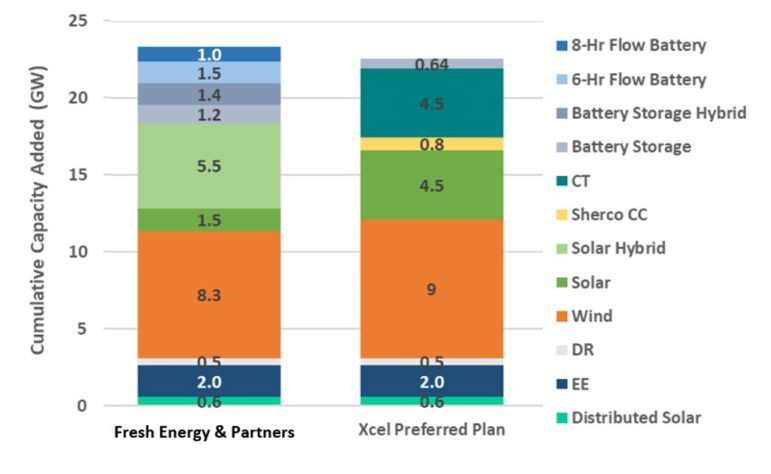
Chart 2: New Resource Additions (2020-2034) Recommended by Fresh Energy & Partners
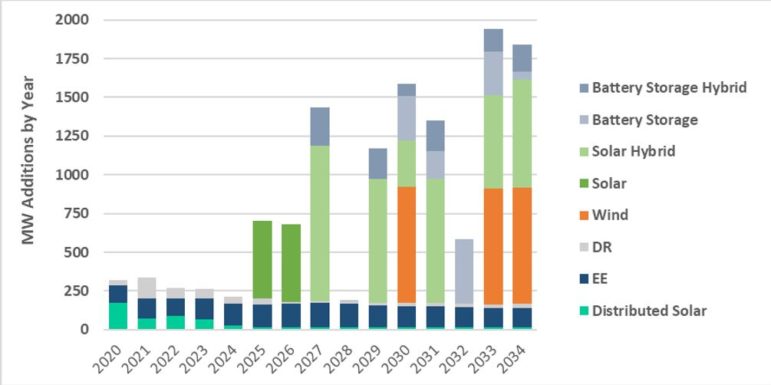
Improving equity outcomes through the resource planning process.
Xcel Energy has taken positive steps over the past several years toward equitable energy access for its customers. The company has committed to doubling its spending on energy efficiency programs that serve under-resourced customers, explored income-eligible solar programs, and expanded assistance programs in light of COVID-19, among other steps. However, there’s still significant room for Xcel to grow in this area.
Xcel should intentionally focus on continuing and expanding its investments in energy efficiency and renewable energy for under-resourced households, rental properties, and BIPOC communities. Further, a key step toward deeper and broader equitable outcomes is improving the process Xcel uses to make decisions, so that it is more transparent and inclusive, especially for historically marginalized communities. Fresh Energy, along with our Energy Efficiency for All (EEFA) coalition partners, Community Stabilization Project, Green & Healthy Homes Initiative, Inquilinxs Unidxs Por Justicia, Minnesota Housing Partnership, National Housing Trust, and Natural Resources Defense Council, filed comments pushing Xcel to use this IRP to commit to future planning improvements that would:
- Support the involvement of impacted individuals and communities in program design and evaluation.
- Explore the formation of an “environmental justice advisory group” that would provide input and oversight on Xcel’s planning activities.
- Commit to advancing tangible goals on diverse recruitment, retention, and advancement at the staff and board levels.
“We’re glad that Xcel Energy has proposed ambitious investments in energy efficiency and renewable energy. It will be critical to ensure that under-resourced communities, renters, and BIPOC communities see the benefits from these investments,” said Ben Passer, Lead Director of Energy Access and Equity at Fresh Energy. “Even though Xcel has taken some positive steps toward equitable outcomes in recent years, Fresh Energy’s recommendation, along with our Energy Efficiency for All partners, is that Xcel must be more purposeful in continuing and expanding equitable investments, and implement an inclusive process to ensure that impacted individuals have a seat at the table.”
We and our Energy Efficiency for All partners believe that all of these improvements in the process would ultimately support more equitable outcomes.
Additional Considerations
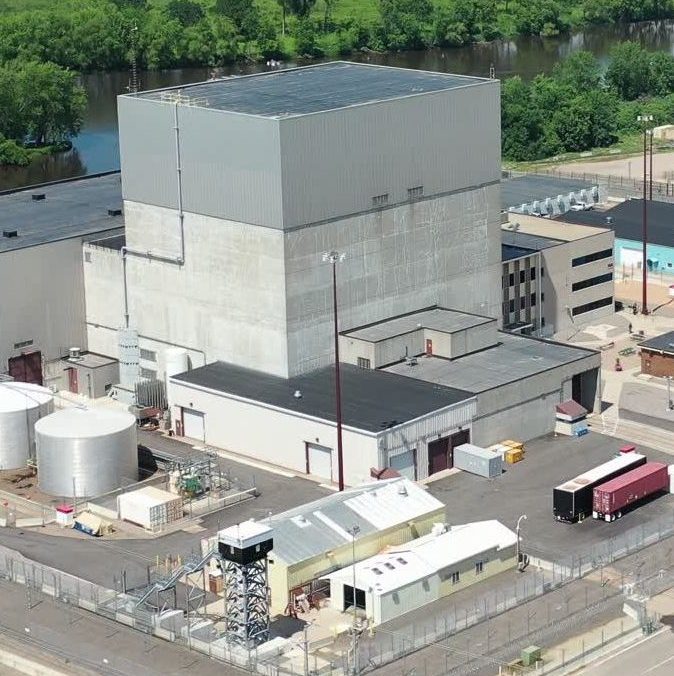
Another notable item in Xcel’s IRP is the company’s proposal to extend the operating life of the Monticello Nuclear Generating Plant in Monticello, Minnesota. The Monticello plant is currently scheduled to stop operations in 2030, but Xcel is proposing to extend its license an additional 10 years until 2040. Fresh Energy has long prioritized closing carbon-intensive coal plants and stopping new fossil fuel infrastructure over retiring existing carbon-free nuclear plants. We continue to believe this is the best course of action for our communities and our climate.
What’s Next
Our state’s electricity future depends in large part on the plans and investment choices of our utilities like Xcel Energy. Fresh Energy has a 30-year history of expert engagement in the IRP processes for the major utilities in Minnesota. Our staff is dedicated to ensuring utilities plan for the future in a way that benefits customers while keeping Minnesota on track to meet its crucial carbon reduction goals.
Read the complete filing on Xcel’s IRP, docket number 19-368, from Fresh Energy and our clean energy organization partners here and the filed comments from Fresh Energy and our EEFA coalition partners here.
Learn more.
Tune in to “Decarbonize: The Clean Energy Podcast” for a conversation with Fresh Energy staff about the Xcel IRP with Allen Gleckner, Lead Director of Clean Electricity, and Ben Passer, Lead Director of Energy Access and Equity. On the podcast, we dig a bit deeper into the alternative plan modeling process, the Monticello Nuclear Plant, equity outcomes, and more.
